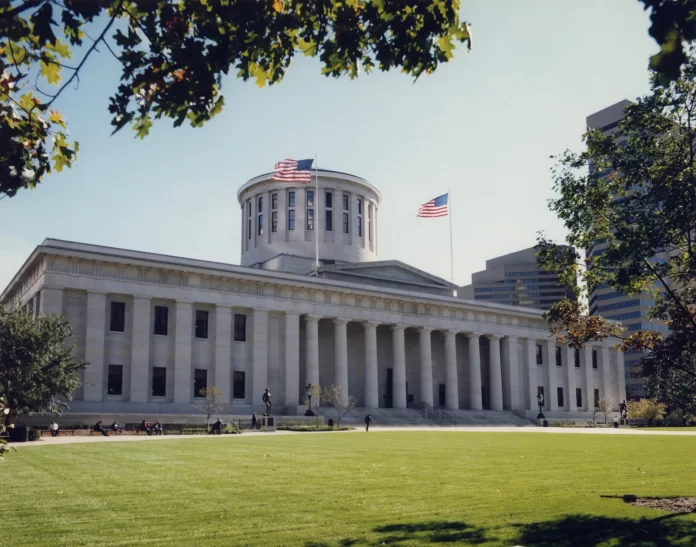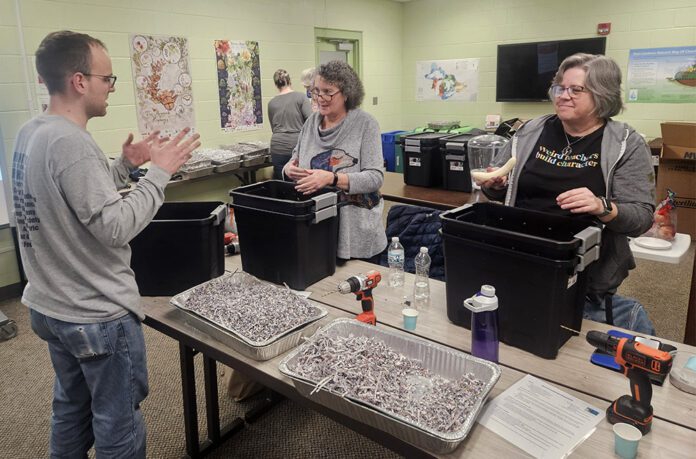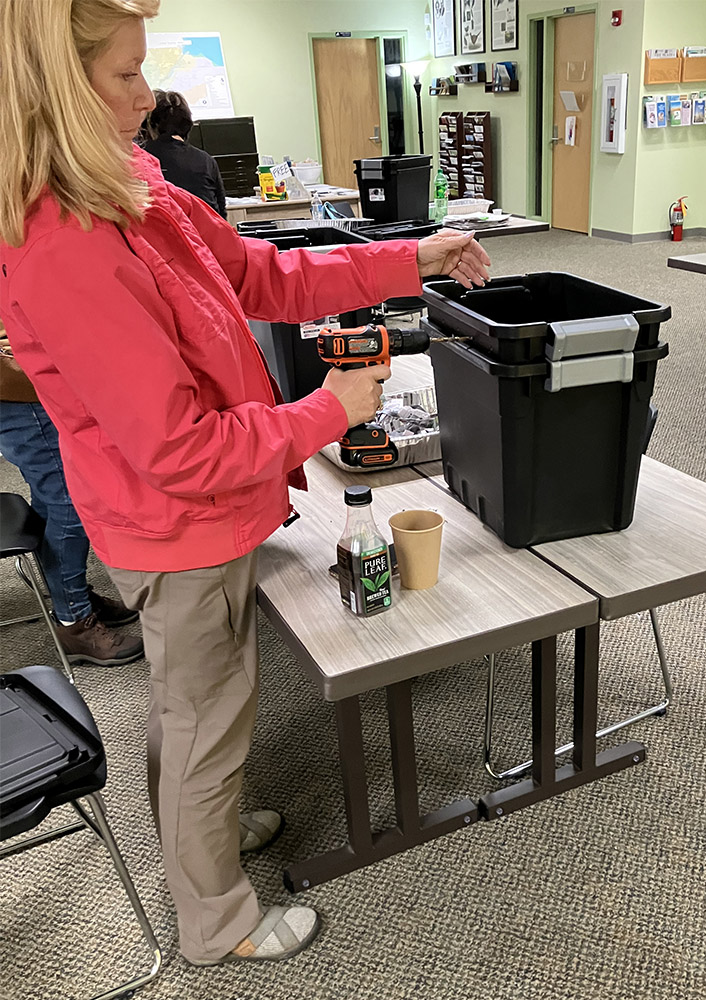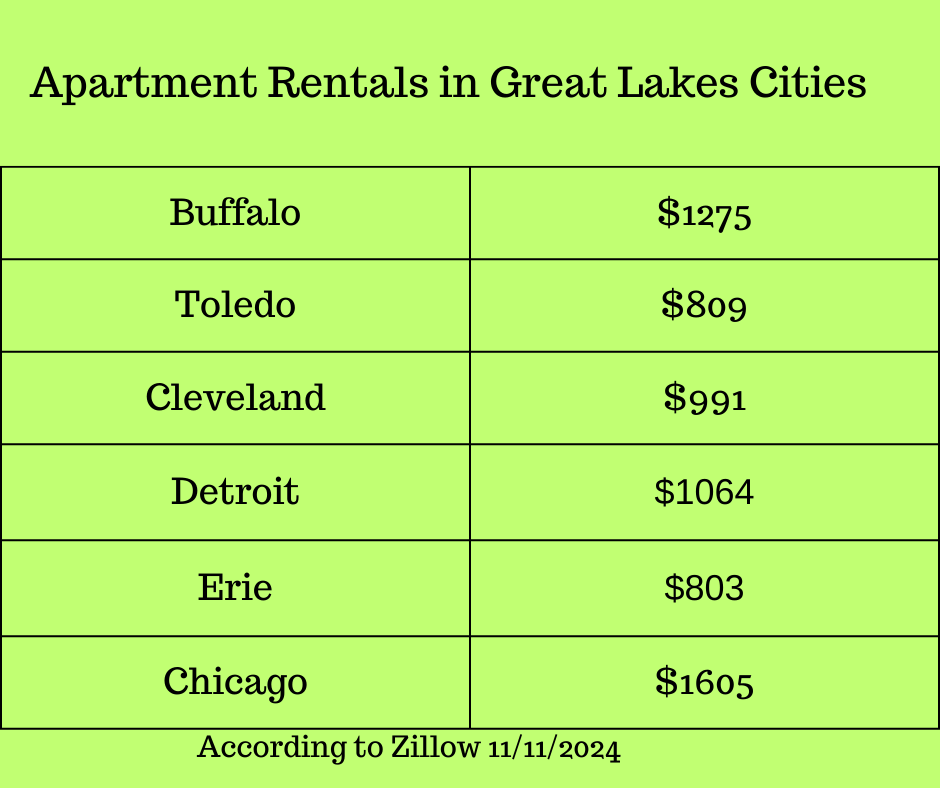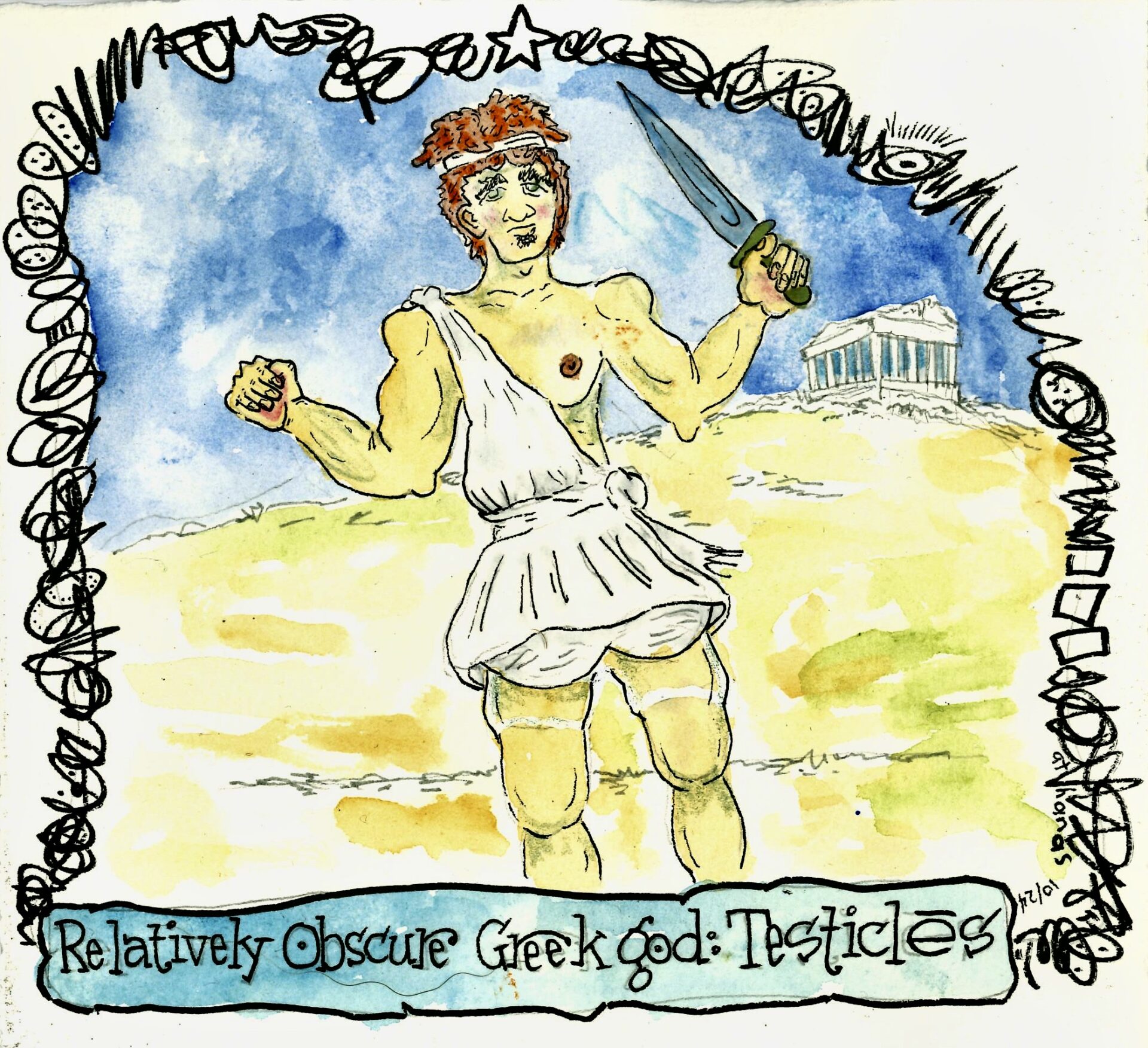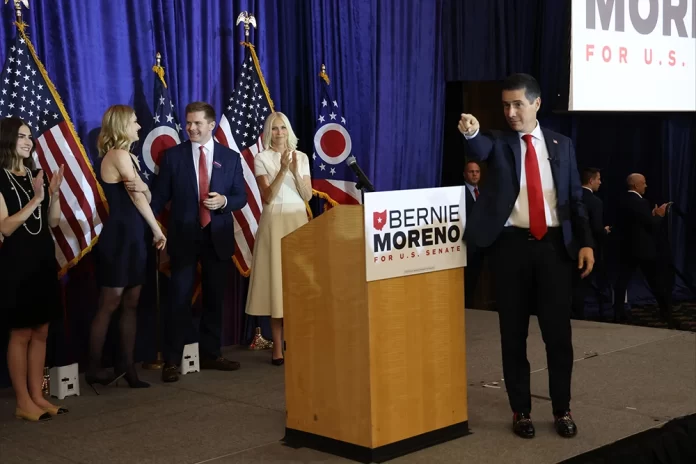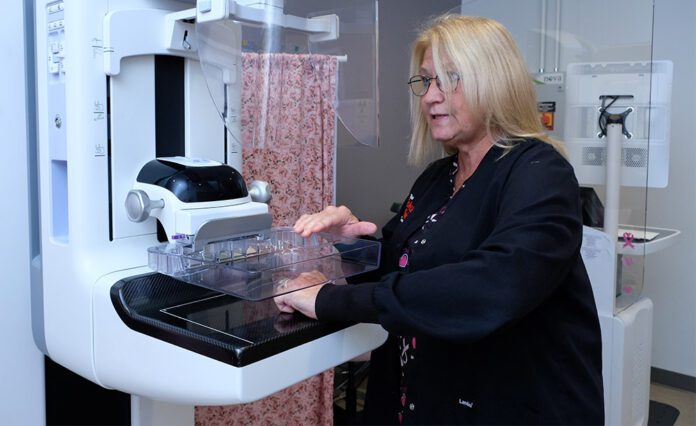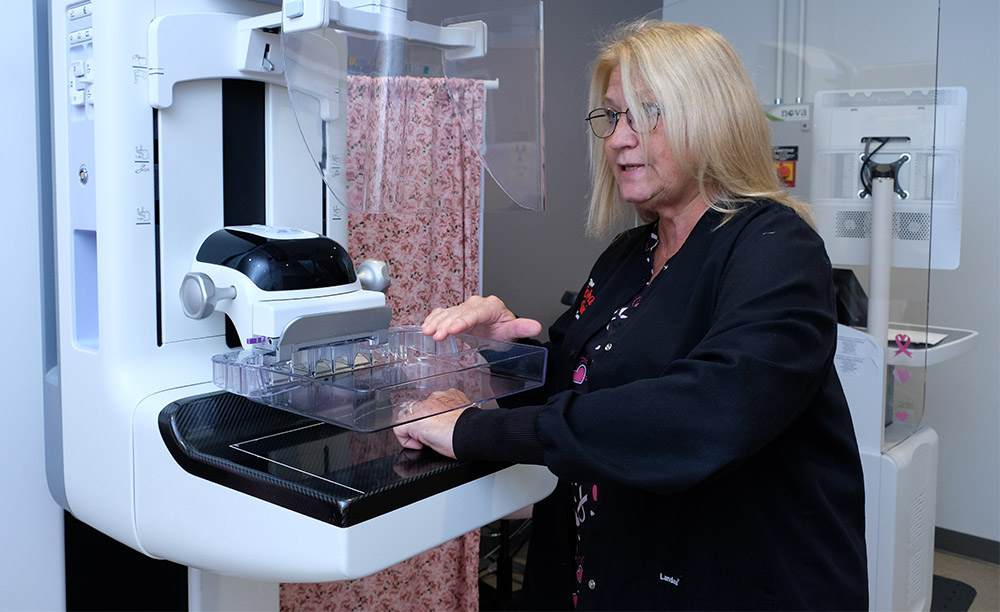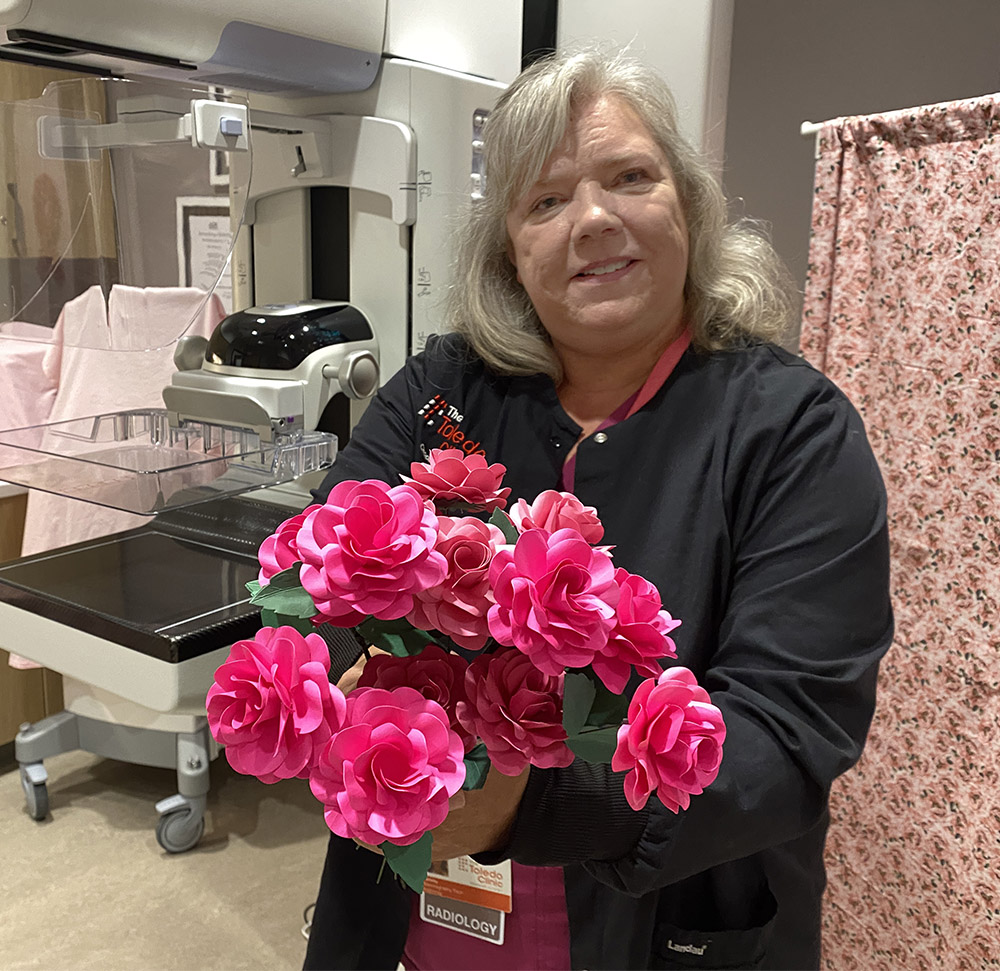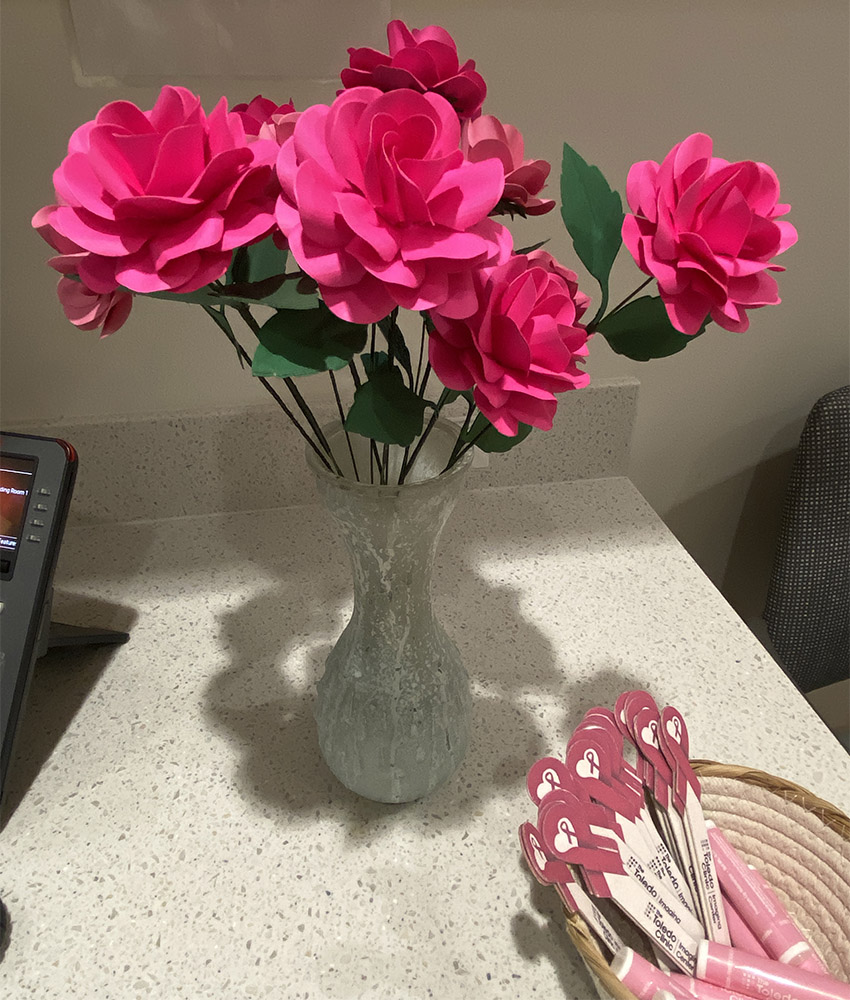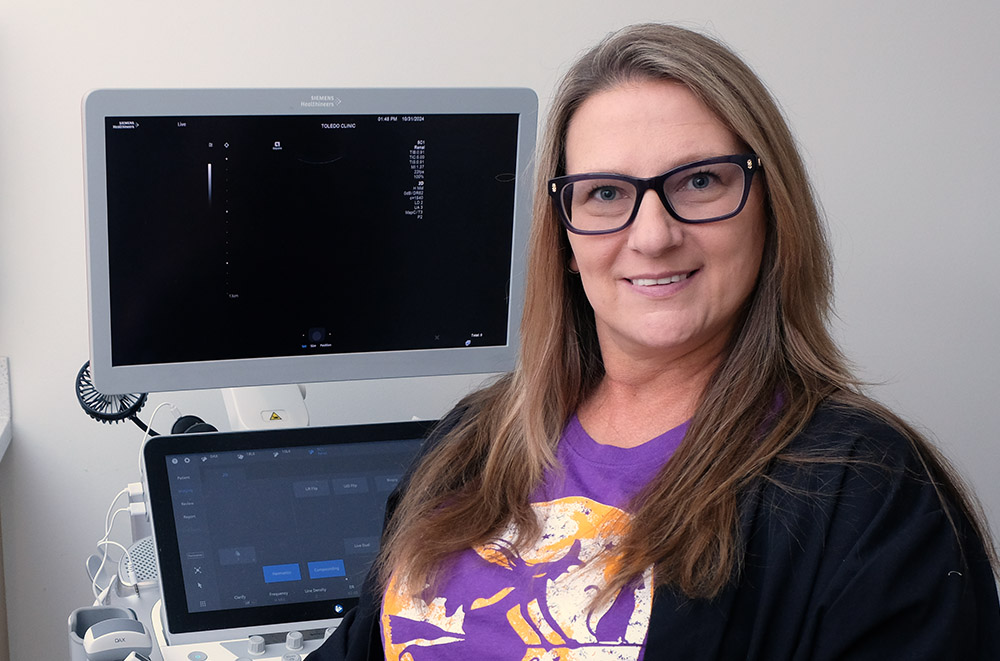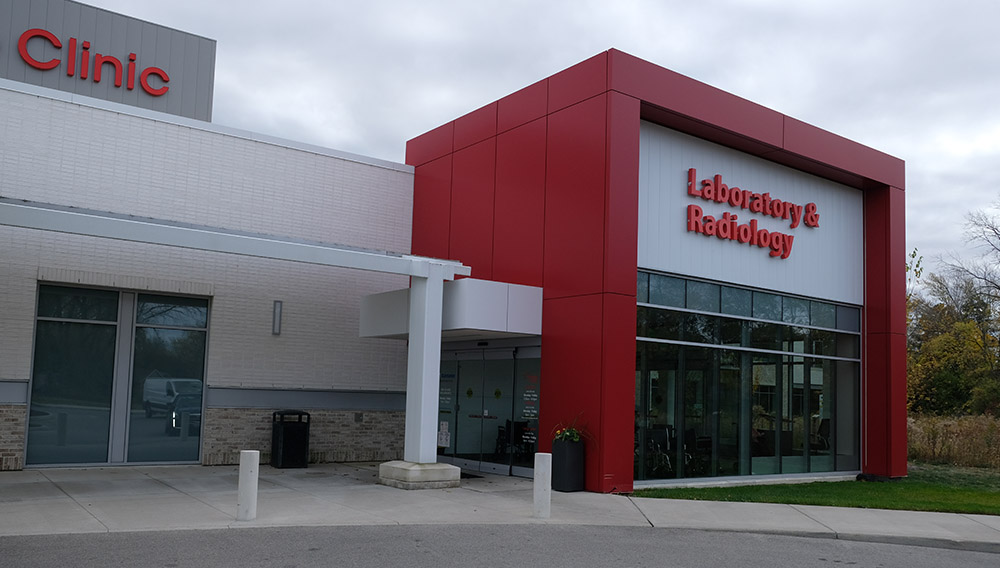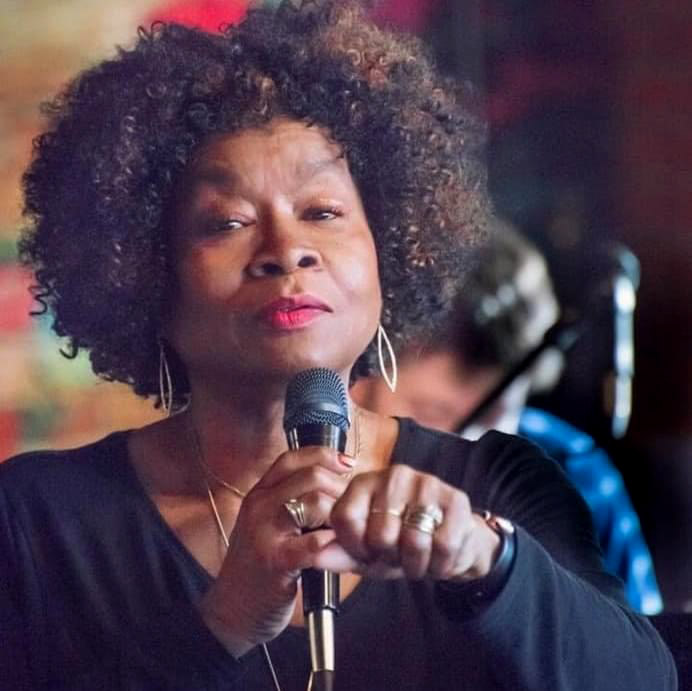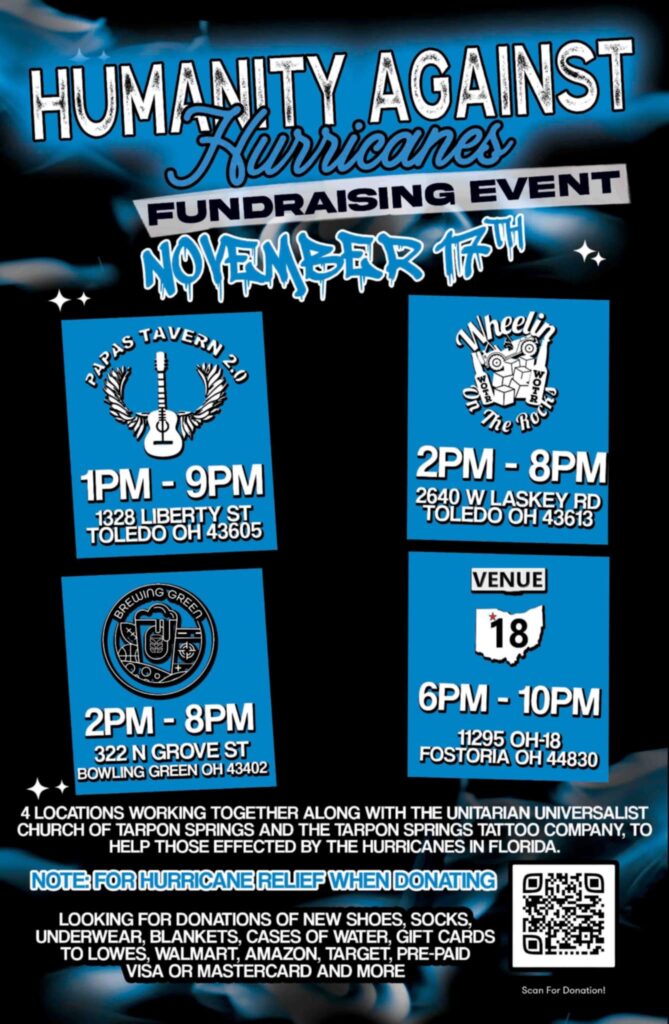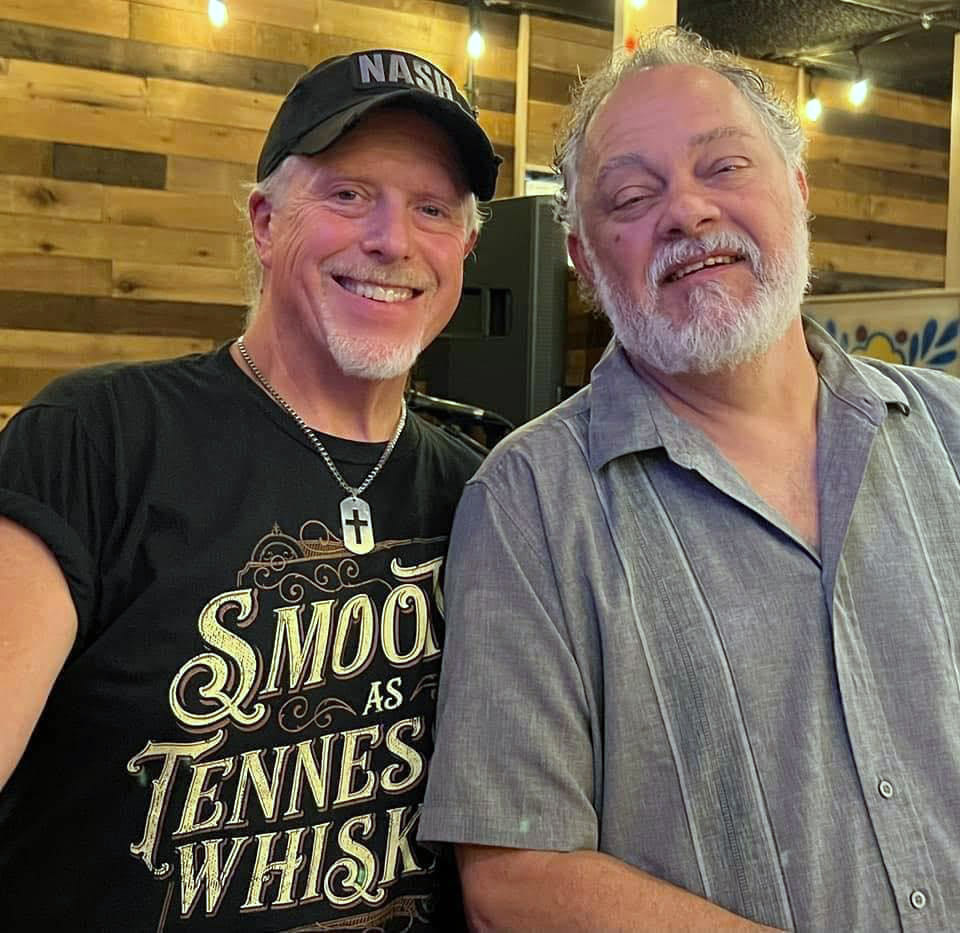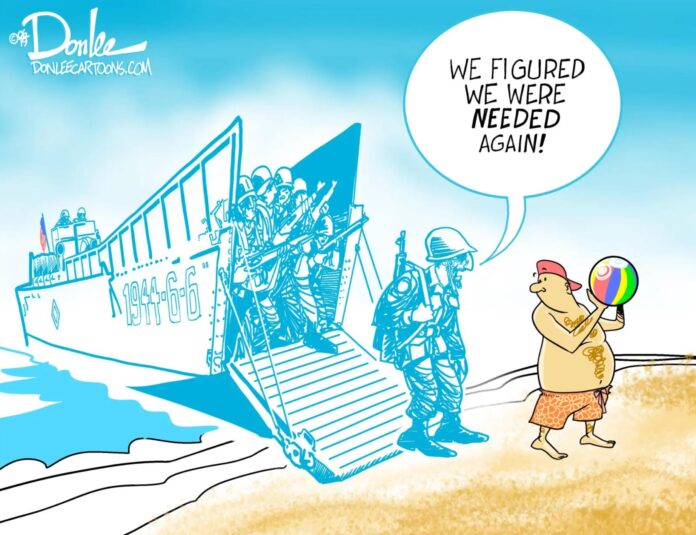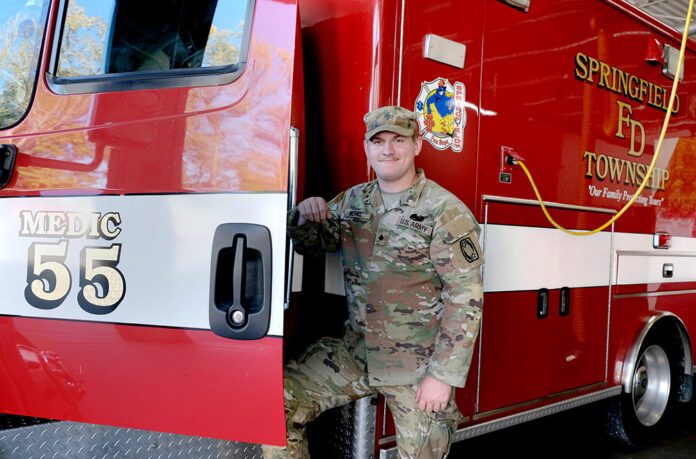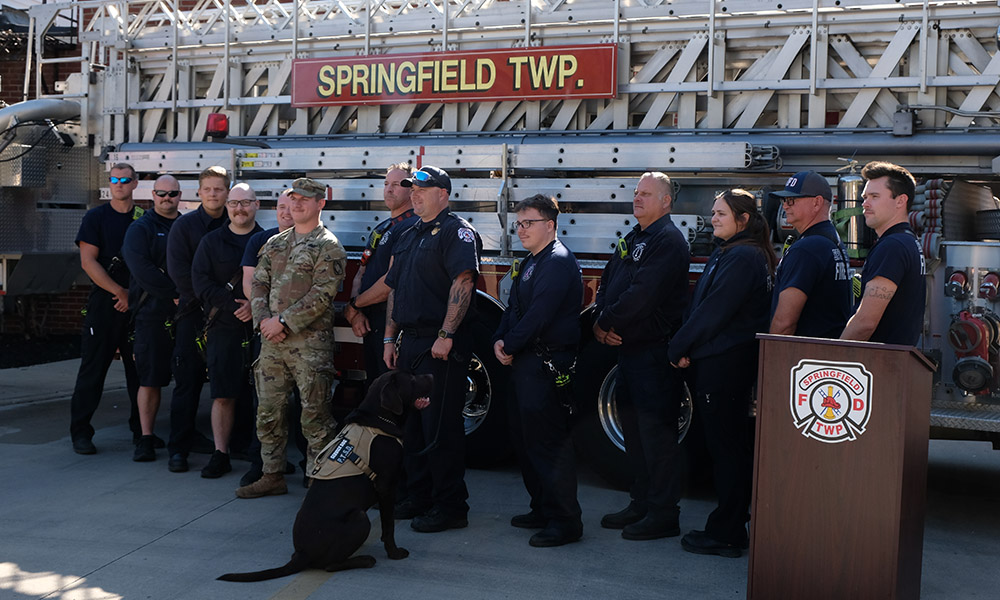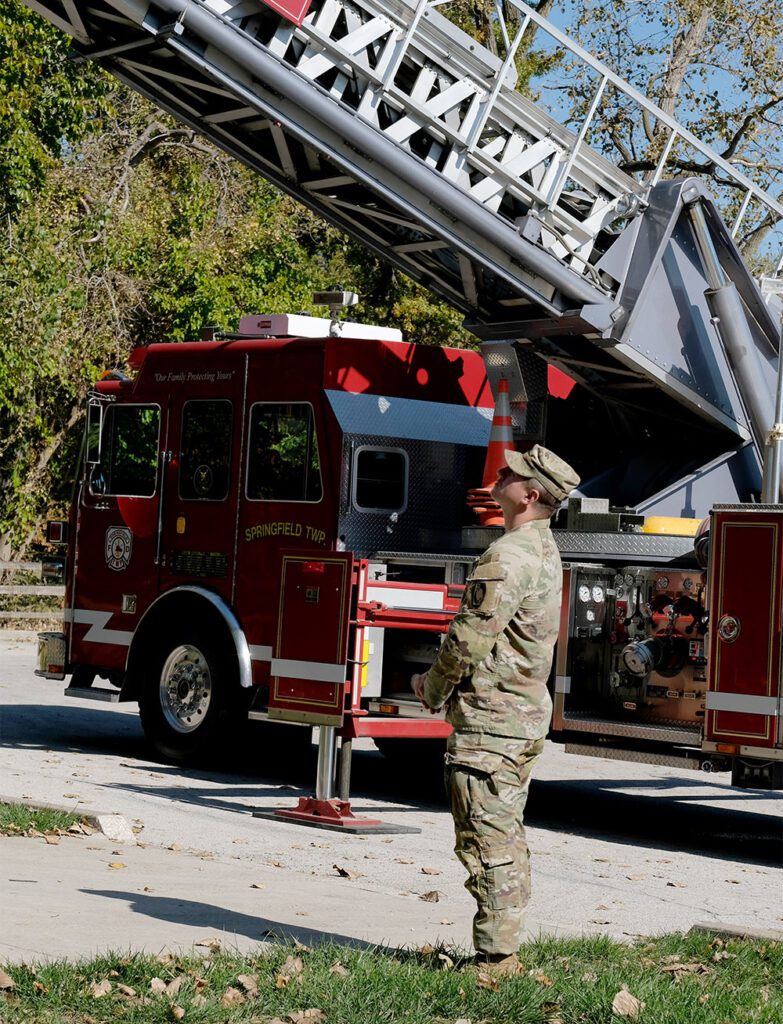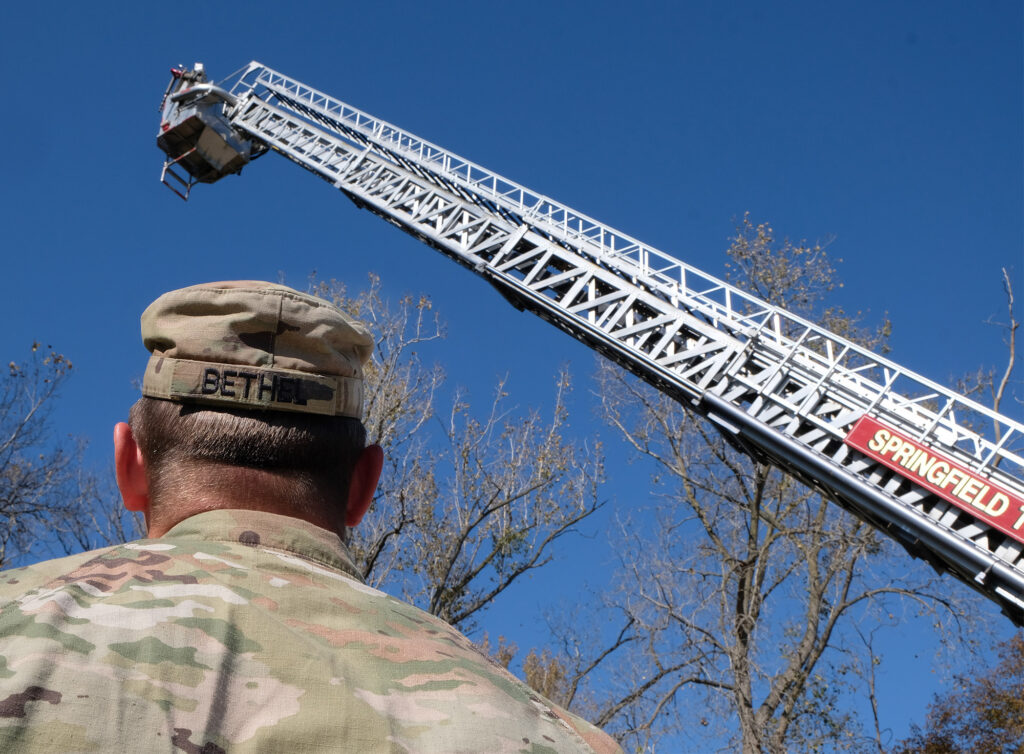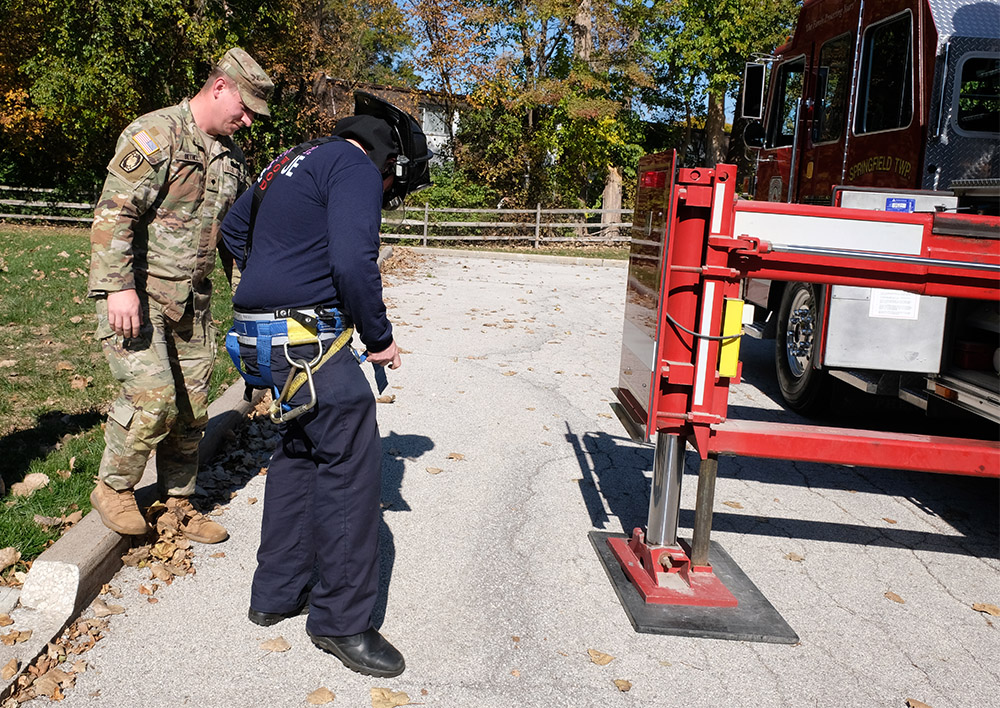Tim Ryan running? | Lame duck session | House speaker
This story was originally published by Signal Statewide. Sign up for their free newsletters at SignalOhio.org/StateSignals.
By Andrew Tobias | Signal Statehouse

Although he’s remained involved on the periphery of Democratic politics since losing a 2022 bid for the U.S. Senate, Tim Ryan publicly had ruled out running for office again in 2026.
He’s re-evaluating that position following last week’s election.
“I said I wasn’t,” Ryan said in an interview on Tuesday. “People have been calling me and saying, ‘Keep your options open.’ So I’m keeping my options open right now.”
The former Youngstown-area congressman gained currency among national Democrats when he ran for U.S. Senate two years ago against Republican JD Vance, who won and is now the vice president-elect.
Ryan lost by 7 percentage points, not an especially close result. But thanks to energetic campaigning and his big “Ohio guy” energy – think Ohio State sweatshirts and football tossing – Ryan managed to raise tens of millions of dollars and get widespread media attention in a race that wasn’t expected to be competitive. A grandiose headline in the New York Times sums up the national perception of the race ahead of that year’s election: “Tim Ryan is Winning the War for the Soul of the Democratic Party.”
After leaving office at the end of 2022, Ryan’s now living in suburban Columbus and has been doing consulting work with natural gas and cryptocurrency industry groups and took a job selling clean-energy credits. A former high school star quarterback, he’s also been coaching his young son’s football and basketball teams.
But Ryan said he’s been in touch with Democratic leaders since last Tuesday, including James Carville and David Axelrod, key strategists for Bill Clinton’s and Barack Obama’s presidential campaigns. He said he thinks 2026 could end up being a good national political environment for Democrats, depending on what President-elect Donald Trump does.
2026 could see other top Democratic names
If Ryan runs, he could fill the Democratic slot for the governor’s race. There also continues to be buzz that Sen. Sherrod Brown may run again in 2026 after losing last week – for governor or the U.S. Senate. Amy Acton, the former state health department director, and Allison Russo, who’s the top Democrat in the Ohio House, also have said publicly they’re considering running for statewide office.
Regardless of what he decides, Ryan said he would like to be part of the conversation to push the Democrats toward “the Democratic Party that we all grew up with.” That vision includes moving away from the “old-school redistribution” and “woke elements” that he said voters rejected this month and moving toward emphasizing economic growth.
“I hope this is a wake-up call to, if you aren’t speaking directly to working-class people of all colors, shapes and sizes, you can’t win,” Ryan said. “Until you get a message that appeals to them where they trust you, you’re just not gonna get ‘em.”
Vivek Ramaswamy’s new job and Ohio calculation
Vivek Ramaswamy, the Columbus-area billionaire and MAGA personality, has a new job in the Trump Administration. On Wednesday night, Trump announced that Ramaswamy and mega-billionaire Elon Musk will oversee a Department of Government Efficiency, a not-yet-clearly-defined outside-of-government initiative to slash federal spending. (But its title is surely ripe for memes on Musk’s X media platform.)
A Trump statement said their work will end on July 4, 2026, just before the home stretch of that year’s November election, which means Ramaswamy could still be a candidate in Ohio. While Ramaswamy withdrew his name from consideration for Ohio’s U.S. Senate appointment – although it didn’t seem likely that Gov. Mike DeWine would pick him – his role with Trump as described didn’t seem to close the door on a run for governor in 2026.
A few Republican operatives, including those with ties to Ramaswamy, said they viewed it the same way. Raswamy’s maneuvering has gotten the attention of other Republicans, given his ability to self-fund a campaign and ride his Trump-adjacent celebrity.
Ramaswamy sure sounded like a potential Ohio candidate when he spoke at an Ohio Chamber of Commerce event last Thursday. He deployed tried-and-true Ohio talking points, praising the state’s history of pioneering and innovation and its logistically convenient location. But, he said, the state also has declined economically over the past 60 years.
Ramaswamy told reporters after his speech that Ohio needs to improve its business climate if it wants to compete economically with states such as Texas. That’s where an investment company Ramaswamy founded recently moved, although Ramaswamy said the decision wasn’t his and that he’s personally rooted in Columbus, in part because his wife is a top physician at Ohio State University’s Wexner Medical Center.
“Is that critical of the leadership of this state? No, it’s not,” said Ramaswamy, who is friendly with Lt. Gov. Jon Husted, who has spent years preparing to run for governor in 2026. “I think they’ve done a great job of getting the state to where it is. But when we think about, ‘How do we take this state and this country to the next level?’ that’s what I care about.”
House speaker vote coming up and more
Ohio House Republicans are scheduled to meet next Wednesday to informally choose who will lead the chamber going into next year’s new legislative session.
Senate President Matt Huffman, a Lima Republican who was elected to the Ohio House last week, is widely favored over current House Speaker Jason Stephens. That’s because Stephens has been unable to unite the GOP caucus after he surprisingly won the job in January 2023 by making a deal with Democrats.
A dark-horse candidate is stalking the speaker job
Steubenville-area Republican Rep. Ron Ferguson wants the job, too. And he has ideas.
Ferguson made his case in an interview with Signal Statewide. He said he’s campaigning on a platform of weakening the speaker’s job, in part by taking away its ability to unilaterally pick committee chairs, jobs that come with influence, prestige and a pay bump. Instead, Ferguson said House Republicans should elect an internal committee that would pick committee chairs.
Another distinguishing factor is how many years both candidates will be able to remain in their jobs, thanks to term limits.
If Huffman gets the job, he could keep it through 2033, providing stability but boxing out other ambitious legislators. If Ferguson gets it, the longest he could keep it is through 2029, giving a glimmer of hope to officials who look in the mirror and see themselves as a future House speaker. Huffman and Ferguson share a signature issue – support for wide expansions of private school vouchers, which Democrats and some rural Republicans oppose.
Ferguson said both he and Huffman may draw votes from the faction of House Republicans that previously backed Stephens.
“It’s not black and white,” he said, adding there’s a “0 percent chance” that anyone will make another deal with Democrats, which triggered an intense backlash from GOP activists and sanctions from the state Republican Party. “We need to pick the person to turn around this fractured caucus and lead it in the best interest of Ohioans.”
A sure-fire lame duck prediction
State lawmakers have returned from their pre-election break and are holding their final legislative sessions before the end of the year. This period is called the “lame duck” session, known for late-night legislative huddles and a flurry of activity, which includes unfinished business but also controversial topics that lawmakers are more likely to stick their neck out for when they’re in their final days of elected office or if they don’t have to run for reelection for another two years.
State Rep. Bill Seitz, a longtime Cincinnati-area Republican who’s leaving office at the end of the year due to term limits, predicted one tried-and-true lame duck topic could come up for a vote – giving raises to elected officials.
Seitz said county elected officials haven’t gotten one since 2018, thanks to another lame duck vote, and are arguing they need one now due to inflation. Paying elected officials more may not play well politically, but Seitz said they “have a good case to make.” He and other lawmakers have argued in the past that good pay is needed to attract quality candidates.
Other subjects potentially could get a vote, include a bill banning Delta 8, a THC product derived from hemp that occupies a legal gray area, and a bill that would require schools to make a policy allowing students to leave during the school day for religious instruction. On Wednesday, Ohio Senate Republicans over Democratic objections, approved a bill restricting the use of common bathrooms and other similar facilities by transgender people at K-12 schools and universities. The measure now heads to DeWine’s desk for his approval.
Lame duck sessions are notoriously hard to predict, especially with the looming speaker vote. But Seitz made another lame duck prediction that seems like a stone-cold lock.
“We have 27 or 28 members that are leaving,” Seitz said, “so you can expect to hear farewell speeches until you puke.”
Signal Statewide is a nonprofit news organization covering government, education, health, economy and public safety.








